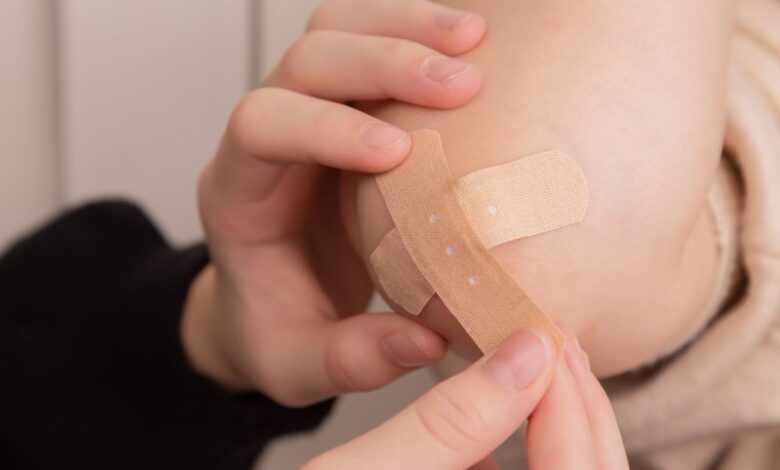How to Effectively Manage Chronic Wounds: Tips from Experts

Chronic wounds can be challenging to treat and manage, often requiring specialized care to prevent complications and promote healing. They occur when a wound doesn’t heal within the expected time frame, typically more than three months. Various factors, such as poor circulation, diabetes, or infections, can cause these persistent wounds. Fortunately, with proper care and attention, chronic wounds can be managed effectively, improving both the healing process and the quality of life for patients. To ensure the best outcomes, seeking professional guidance, such as that from a Georgia Wound Care Clinic, is essential to receive personalized care plans. Here, we’ll discuss several expert tips on how to manage chronic wounds effectively.
Understanding the Basics of Chronic Wound Care
The first thing to do for chronic wounds is to identify their condition and why they are not fully healing. Chronic wounds often do not heal because their healing process has been interrupted, leading to prolonged infection and poor blood flow. To decide on the proper course of treatment, you need to find out if diabetes, venous insufficiency, or infection is the leading cause of the chronic wound. Addressing the causes behind chronic wounds allows specialists to develop a special plan to help the wound heal and avoid further problems.
Proper Cleaning and Dressing of Wounds
Proper cleaning and dressing are crucial for effective wound treatment. If a wound is not cleaned well, it can become infected and take longer to heal. Wounds should be cleaned with a saline solution or an antiseptic that a healthcare provider has advised. Scrubbing or using harsh cleaners is not recommended since this can slow down the healing process.
After cleaning the wound, it should be dressed to protect it from external germs and keep it moist. A moist environment around the wound can help cells grow and prevent it from drying out. Many healthcare providers use hydrocolloid or alginate dressings to maintain moisture in the wound and help absorb any excess fluid. The amount of exudate and the wound’s characteristics will determine how often the dressing needs to be changed.
Addressing Underlying Health Conditions
Chronic wounds can indicate that someone has diabetes or poor blood flow. Proper management of these conditions helps prevent wounds from delaying their recovery. In the case of diabetic patients, keeping their blood sugar levels under control is crucial for avoiding poor circulation and infection. Regularly checking and adjusting a patient’s treatment or routine can help heal their wounds.
Nutritional Support for Healing
Nutrition is essential for the body to heal wounds. A supply of vitamins, minerals, and protein supports the process of wound healing. Ensuring that a chronic wound patient gets enough nutrition is essential for helping the wound heal. Protein is important, as it supports tissue repair and helps fight infections.
Along with protein, vitamin C, vitamin A, and zinc are essential vitamins that help the body repair damaged tissue and form collagen. If a person with a chronic wound lacks these nutrients in their diet, healthcare providers may advise them to use supplements. A healthy and nutritious diet is essential in repairing chronic wounds.
Pain Management
Chronic wounds often result in pain for the patient. Dealing with pain is necessary for a person to feel better and be present in their daily routines. Some ways to manage pain from chronic wounds include over-the-counter analgesics, prescription drugs, or topical remedies. If you have a chronic wound, having regular check-ups with healthcare professionals ensures a suitable pain management strategy is found.
Furthermore, some methods that address the root of the wound, such as improved blood flow or infection control, may also ease pain. Any signs of pain in a chronic wound should be communicated to healthcare providers, as they may affect the treatment plan.
Regular Follow-up and Professional Care
Caring for chronic wounds is a continuous process that involves seeing healthcare specialists regularly. As a result, the wound is monitored, the treatment is adjusted if needed, and any problems are handled quickly. At Georgia Wound Care Clinic and similar facilities, patients with chronic wounds can receive specialized care to help them recover.
Conclusion
Chronic wounds are managed most effectively when proper wound care, addressing problems like diabetes, a proper diet, and pain relief, is considered. When individuals with chronic wounds closely follow the advice of healthcare providers and use specialized treatments, they can recover and enjoy a better quality of life. It is essential to have regular check-ups and receive professional support, as it allows any complications to be found quickly and the wound healing to continue.



